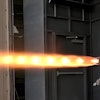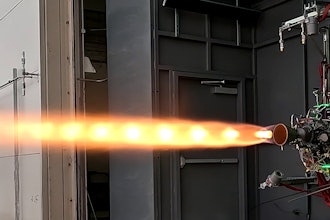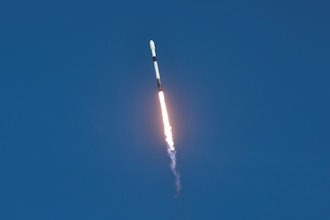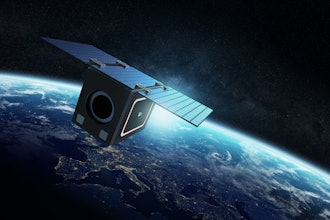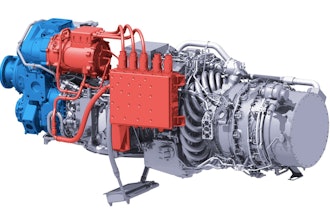
The new £4.8m award from NSIP Major Projects will help to significantly advance the development and demonstration of key technologies in the space nuclear Micro-Reactor.
The Rolls-Royce National Space Innovation Program will have a total project cost of £9.1m and aims to progress the Micro-Reactor’s overall technology readiness level, which will bring the reactor closer to a full system space flight demonstration.
Over the next 18 months, in collaboration with academic partners from the University of Oxford and Bangor University, the project will develop the whole system design, underlying capabilities and key technologies. The program will help unlock the UK’s participation in the developing space nuclear power markets and clearly demonstrate the UK’s capability and readiness to move towards a detailed design. An initial flight demonstration is anticipated by the end of this decade.
To realize global ambitions in space, reliable power and propulsion is needed. Limitations of existing power sources, such as solar, creates operational challenges to which nuclear fission reaction technologies are widely considered the solution, and an essential enabler for lunar surface activity. Operating independently from the Sun, the Micro-Reactor can persistently and resiliently meet the significant power requirements to enable long-term exploration and scientific efforts on the Moon and in space.
This latest investment follows the announcement of £1.18M awarded to Rolls-Royce from the UK Space Agency in April this year, under Phase 2 of the International Bi-Lateral Fund. This was preceded by £2.9 million of funding awarded in 2023 under the Lunar Surface Nuclear Power Contract and Phase 1 of the IBF project in 2023, which delivered an initial concept of a UK lunar modular nuclear reactor.

